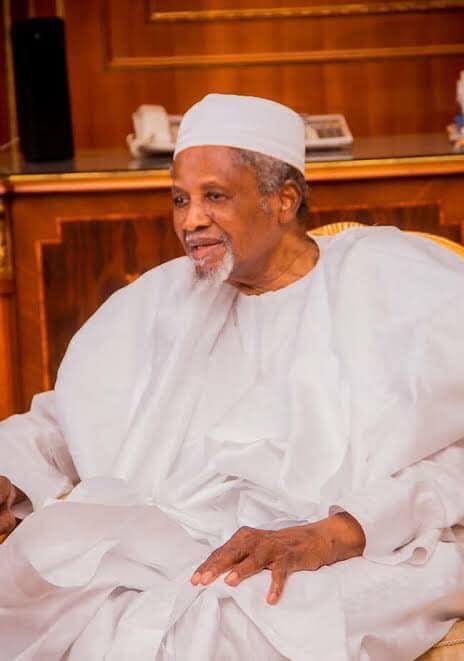Elder statesman and Billionaire, Alhaji Aminu Dantata has expressed his support for the shift towards a parliamentary system of government instead of a presidential system.
Dantata made this known during an high level discussion on Thursday. He expressed his view that the parliamentary system has advantages over the presidential system of government due to its cost-effectiveness.
The reasons for the clamour about parliamentary system of government in Nigeria over Presidential system has been a bone of contention in different quarters for a while. Below are the highlighted benefits inherent in running Parliamentary System of government:
The parliamentary system of government is a democratic system in which the executive branch, headed by a prime minister, is accountable to the legislature, known as parliament. This system is widely used in countries around the world, including the United Kingdom, Canada, India, Australia, and many others.
Here are the key features of the parliamentary system:
- Structure: Parliament is the supreme legislative body, consisting of elected representatives known as Members of Parliament (MPs). The executive branch is formed from the majority party or coalition of parties in parliament.
- Head of Government: The head of government is the prime minister, who is typically the leader of the majority party or coalition. The prime minister is responsible for forming and leading the government, making policy decisions, and representing the country domestically and internationally.
- Separation of Powers: In the parliamentary system, there is an overlap between the legislative and executive branches. This means that members of the executive branch, including the prime minister and other ministers, are also members of parliament. This allows for a close relationship between the government and the legislature.
- Confidence and Supply: The government’s legitimacy and ability to govern depend on maintaining the confidence of the parliament. The government must have the support of a majority of MPs to pass legislation and remain in power. If the government loses a vote of confidence, it may be required to resign, triggering new elections.
- Cabinet and Ministers: The prime minister appoints ministers from among the MPs to oversee specific government departments. The ministers are responsible for implementing government policies, proposing legislation, and managing their respective portfolios.
- Question Time: One of the distinctive features of the parliamentary system is the regular questioning of the government by opposition MPs. This allows for scrutiny of the government’s policies and actions, promoting transparency and accountability.
- Flexibility: The parliamentary system allows for greater flexibility in responding to changing circumstances. If the government faces a crisis or loses majority support, it can be replaced through a vote of no-confidence, leading to the formation of a new government without the need for a complete overhaul of the political system.
Overall, the parliamentary system of government emphasizes the role of the legislature in holding the executive accountable and ensuring representation of the people’s interests. It promotes collaboration and compromise among political parties, enabling stable governance and the ability to adapt to evolving challenges.
